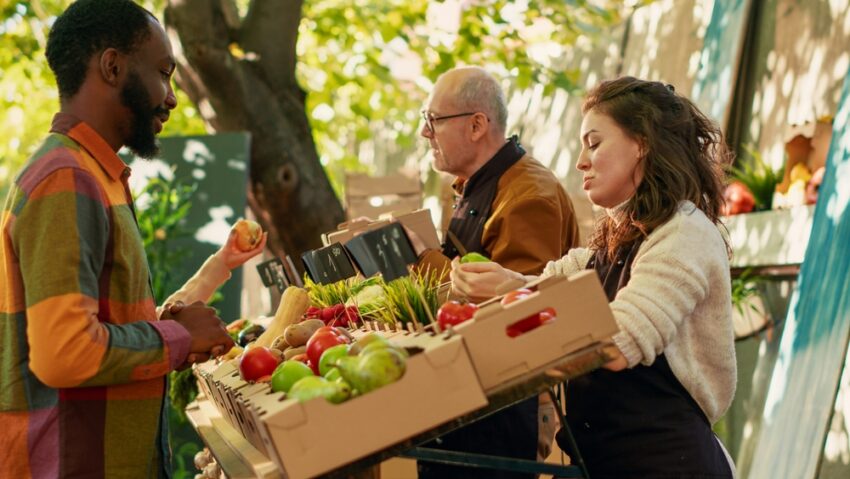Labor ministers have thrown their support behind a £15 million government program to rescue surplus food from British farms – often thrown away or fed to animals – and distribute it to homeless shelters, food banks and charities, especially over the festive period.
The fund, originally promised by Michael Gove in 2018 and again by Rishi Sunak in 2024, never got off the ground, despite persistent calls from charities. Following renewed pressure this autumn, including an open letter from chef Tom Kerridge and hundreds of non-profit organisations, the Labor government has confirmed that grants from £20,000 will be made available to non-profit organizations for food redistribution in England.
Under the scheme, these organizations can invest in equipment to collect and process bulky produce, develop technical solutions that connect farms with charities and provide essential IT training. About 330,000 tons of perfectly edible food is thrown away or fed to animals every year. With festive staples such as Brussels sprouts and potatoes in high demand at Christmas, charities say the new funding could make an impact at the right time.
Mary Creagh, Minister for Circular Economy, said: “As families come together to celebrate Christmas and New Year, it is important to remember those who may go hungry this festive season. No one wants good food to go to waste, especially the farmers who work hard to put food on family tables.”
Charlotte Hill, CEO of the Felix Project, and Kris Gibbon-Walsh, Head of FareShare, jointly welcomed the announcement: “We are pleased to see this fund coming to fruition. We are pleased that the government has recognized that too much food is being lost on our farms and that it needs to be redistributed to feed people who need it.”
Harriet Lamb, CEO of global environmental NGO Wrap, added that the move “kick-starts the new year” and helps both food aid organizations and the agricultural sector develop short- and long-term solutions. More details about the fund and eligibility criteria will be released early next year, while the newly formed ‘Circular Economy Task Force’ will publish a broader strategy aimed at halving food waste by 2030.

